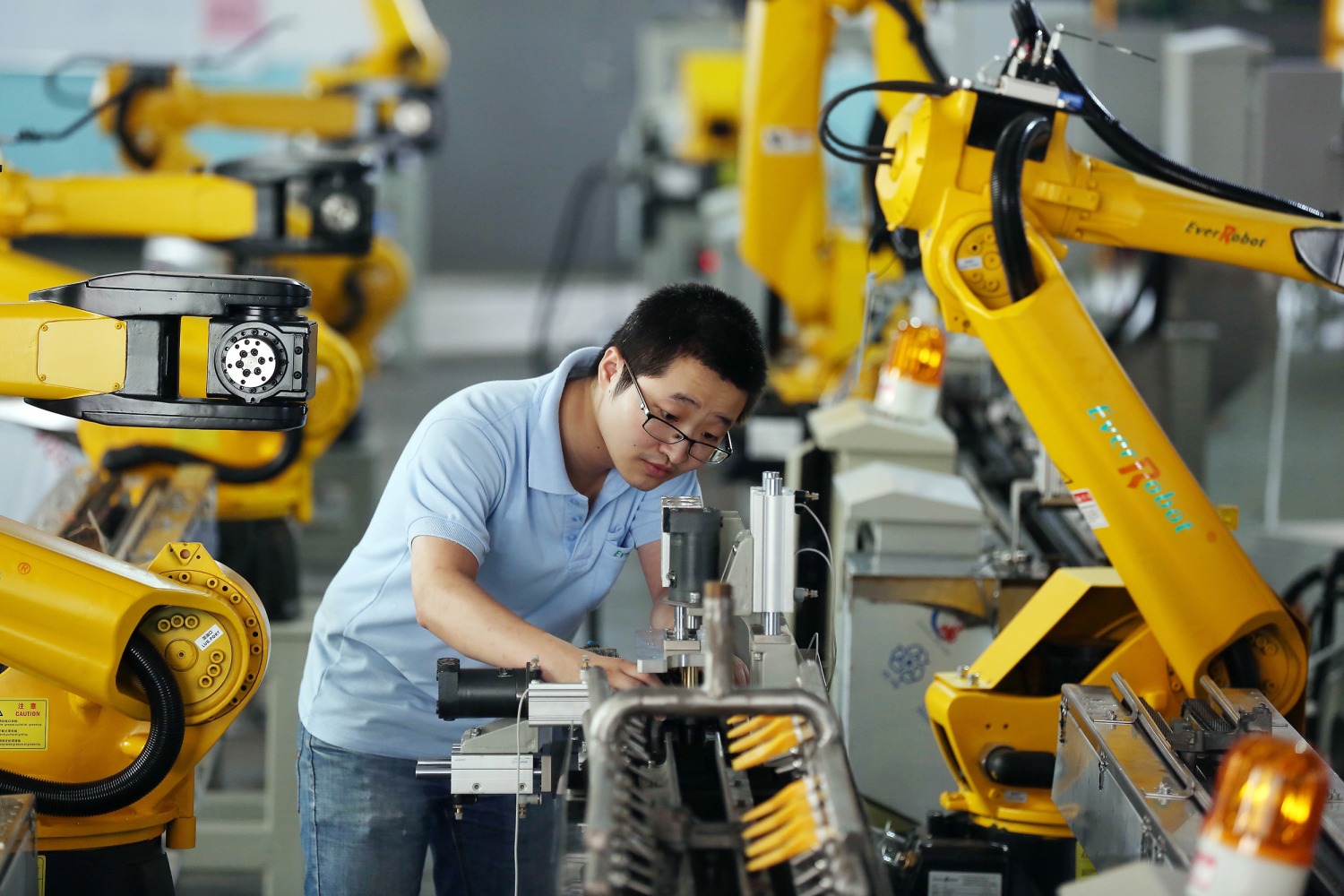Table of Contents
Introduction
Becoming an industrial engineer in India can be an exciting and rewarding career path. Industrial engineers play a crucial role in improving processes, optimizing systems, and increasing efficiency in various industries. If you aspire to become an industrial engineer, this comprehensive guide will walk you through the steps, educational requirements, skills, and opportunities to achieve your goal.
Understanding Industrial Engineering
Industrial engineering involves the application of scientific and mathematical principles to design, improve, and optimize processes within various industries. Industrial engineers focus on increasing productivity, reducing costs, and enhancing overall efficiency. Their expertise is highly sought after in sectors like manufacturing, healthcare, transportation, and service industries.
Key Roles and Responsibilities
Industrial engineers are responsible for a range of tasks, including process analysis, workflow optimization, resource allocation, and quality control. They collaborate with cross-functional teams to identify problems, propose solutions, and implement changes that lead to improved outcomes.
Educational Pathways
To become an industrial engineer, you must start with a strong educational foundation. Most aspiring industrial engineers pursue a Bachelor’s Degree in Industrial Engineering or a related field. This undergraduate program typically covers subjects like operations research, supply chain management, engineering economics, and production planning.
Master’s Degree Specializations
While a bachelor’s degree can open entry-level positions, obtaining a Master’s Degree in Industrial Engineering or specialized areas like supply chain management or operations research can significantly enhance career prospects and earning potential.
Relevant Skills
To succeed as an industrial engineer, certain skills are essential:
Analytical Skills: Industrial engineers analyze complex data to identify inefficiencies and areas for improvement.
Problem-Solving Abilities: They must be adept at finding creative solutions to challenges faced by businesses.
Technical Proficiency: Proficiency in computer-aided design (CAD) software and statistical analysis tools is crucial.
Communication Skills: Industrial engineers interact with diverse teams, so effective communication is vital.
Internships and Work Experience
Securing internships during your academic journey is crucial as they provide hands-on experience in real-world scenarios. Internships help you apply theoretical knowledge and develop practical skills that are highly valuable to potential employers.
Gaining Practical Experience
After completing your education, gaining work experience in relevant industries further enhances your employability and can open doors to exciting career opportunities.
Networking and Professional Organizations
Building a network of industry professionals is vital for career growth. Joining industrial engineering associations, attending conferences, workshops, and seminars can help you connect with experienced individuals and stay updated on industry trends.
Job Opportunities
Industrial engineers have diverse employment options. They find positions in various sectors, including:
Manufacturing Sector: Streamlining production processes and optimizing supply chains.
Healthcare Industry: Enhancing healthcare systems to improve patient care and resource allocation.
Retail and Logistics: Improving efficiency in warehousing, transportation, and inventory management.
Salary and Career Growth
Entry-level industrial engineering positions offer competitive salaries. As you gain experience and expertise, there are ample opportunities for career growth and higher earnings.
Advancement Opportunities
Industrial engineers can progress into managerial roles, where they lead teams and manage complex projects, further contributing to an organization’s success.
Entrepreneurship in Industrial Engineering
Some industrial engineers opt for entrepreneurship. They establish consulting businesses to offer specialized services to industries seeking process optimization and efficiency improvements.
Challenges and Future Trends
As industries evolve, industrial engineers face unique challenges. Adapting to rapid technological advancements and addressing sustainability concerns are among the top priorities.
Embracing Technological Advancements
Embracing emerging technologies like artificial intelligence, data analytics, and automation is vital for industrial engineers to stay at the forefront of their field.
Conclusion
Becoming an industrial engineer in India requires dedication, education, and a passion for problem-solving. By pursuing the right educational pathway, gaining practical experience, and continuously learning about new trends, you can carve a successful career in this dynamic and rewarding field.
FAQs
Q1- What qualifications are required to become an industrial engineer in India?
A- To become an industrial engineer, you typically need a Bachelor’s Degree in Industrial Engineering or a related field. Pursuing a Master’s Degree can further enhance your career prospects.
Q2- What industries hire industrial engineers the most?
A- Industrial engineers find opportunities in various industries, including manufacturing, healthcare, retail, logistics, and more.
Q3- How much does an entry-level industrial engineer earn in India?
A- Entry-level salaries for industrial engineers in India vary depending on the company and location but are generally competitive.
Q4- Can industrial engineers work as consultants?
A- Yes, some industrial engineers choose to start their own consulting businesses and offer their expertise to different industries.
Q5- What are the future challenges for industrial engineers in India?
A- Industrial engineers must adapt to technological advancements and focus on sustainability to address future challenges successfully.




